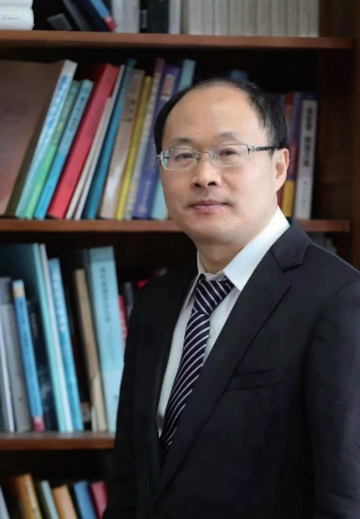ShuhuaLi
School of Chemistry and Chemical Engineering, Nanjing University, Nanjing, 210093
Abstract: The Density Functional Theory (DFT) is the working horse for computational research of various material systems, but its accuracy depends on the chosen exchange-correlation functional. The wave function-based electronic correlation method provides another reliable theoretical tool for the calculation of various materials and molecular systems. Our group has developed two types of linear scaling quantum chemistry methods for electronic structure calculations of molecular and material systems. The first type is the cluster-in-molecule (CIM) local correlation method, which can be used to compute cohesive energies, absorption energies and crystal structures of periodic materials with wave-function-based electron correlation methods. The second type is the generalized energy-based fragmentation (GEBF) method, which is suitable for both non-periodic molecules and periodic materials. The second type of method can be used to calculate lattice energy, crystal structure, and vibration spectra of molecular or ionic crystals at various theoretical levels. Both types of methods have the potential to become efficient theoretical tools for rapid and accurate calculation of various material systems.
Keywords: Quantum Chemistry, linear scaling, wavefunction-based methods, materials calculations.

Dr. Li is a professor at School of Chemistry and Chemical Engineering, Nanjing University. His research interests focus on the development of linear scaling electronic structure algorithms for molecules and periodic systems, and novel electron correlation methods for strongly correlated systems, and the computational design of chemical reactions. He has received a number of awards and honors. In 2006, he received the National Science Fund for Distinguished Young Scholars. In 2008, he won the Pople Medal of Asian Pacific Association of Theoretical & Computational Chemists. In 2017, he was elected as a member of the International Academy of Quantum Molecular Science. In 2020, he was elected as a fellow of Chinese Chemical Society.